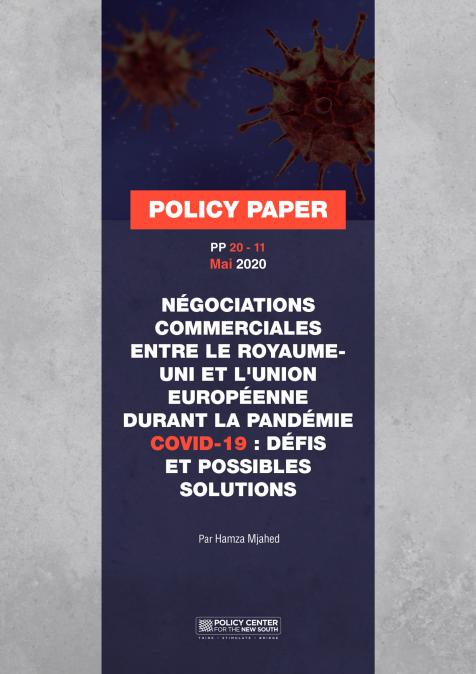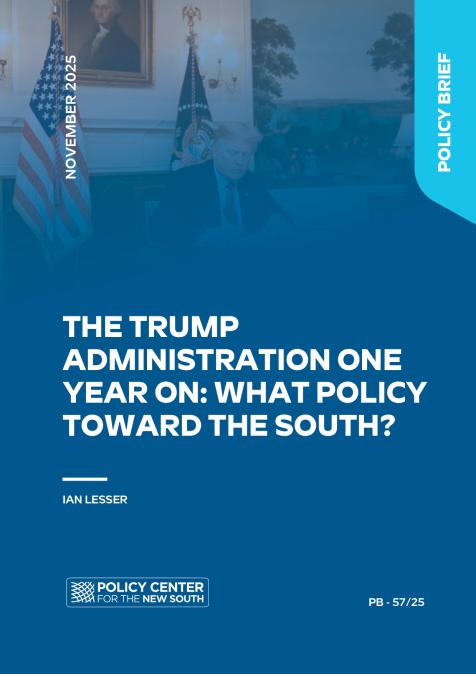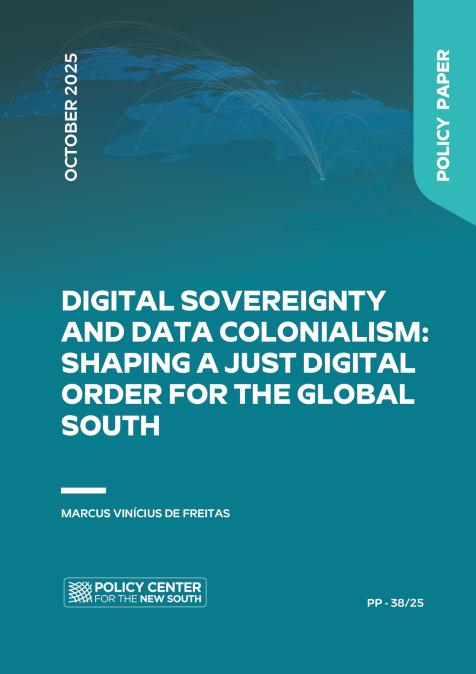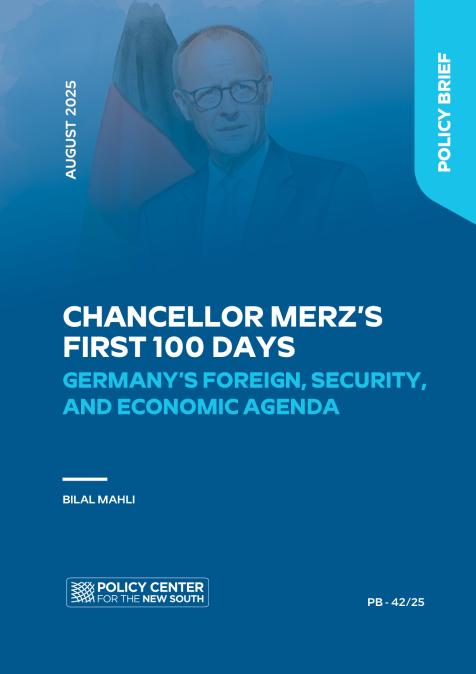Publications /
Policy Paper
La crise du Covid-19 a fortement entravé les négociations d'un accord de libre-échange entre le Royaume-Uni et l'Union européenne (UE). Étant condamnée à des obstacles, à la fois temporels et politiques, la perspective de parvenir à un accord avant le départ prévu du Royaume-Uni du marché unique de l'UE le 31 décembre 2020, semble de plus en plus compliquée. Londres et Bruxelles devraient considérer une sortie du Royaume- Uni sans accord comme une conclusion indésirable des négociations, qui ne ferait qu'aggraver les conséquences politiques et économiques, déjà tangibles, du Covid-19. Éliminer les risques d'un tel scénario pourrait se faire, soit par un accord commercial limité couvrant des secteurs essentiels, comme celui de la pêche, soit par une extension de l'adhésion du Royaume-Uni au marché unique au-delà de 2020.











